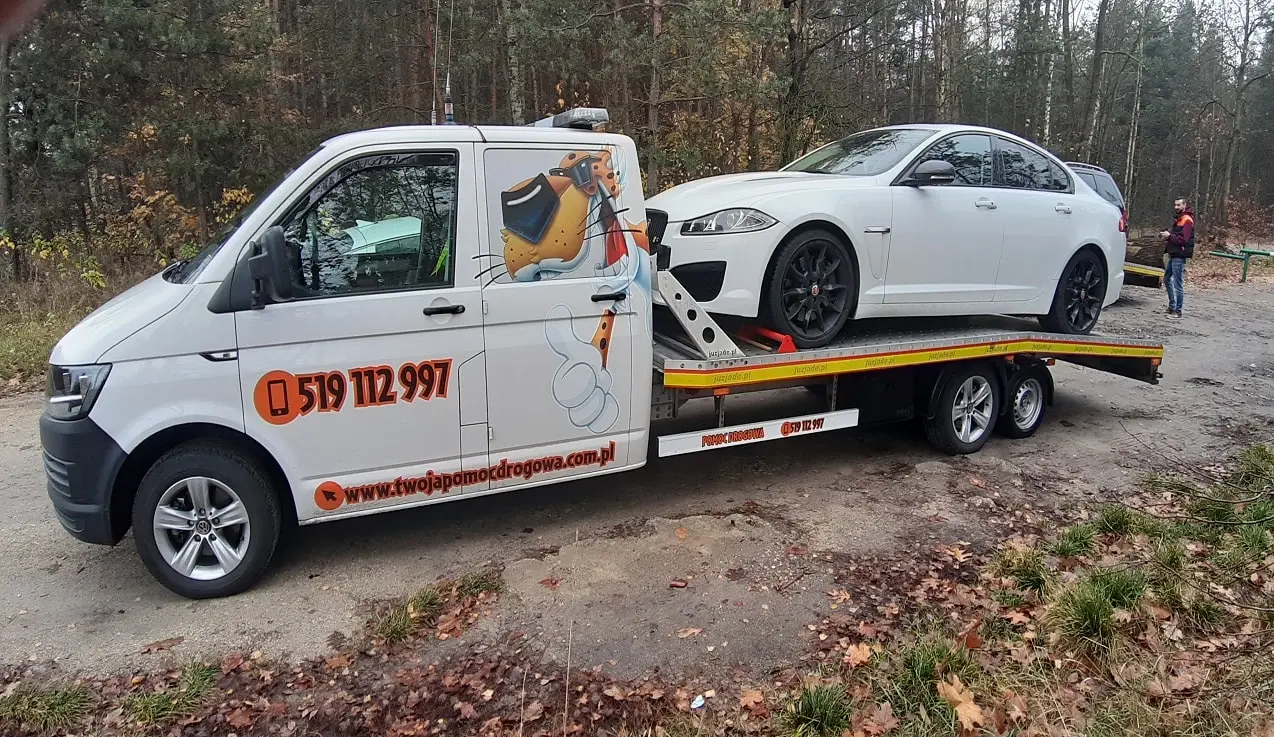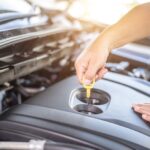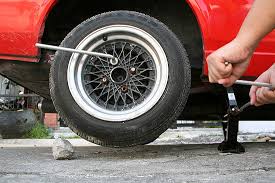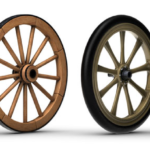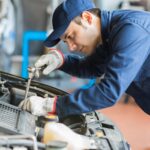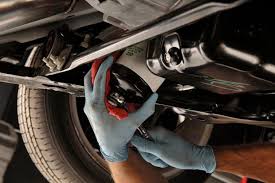Before embarking on a long road trip, it’s important to give your vehicle a thorough inspection. Catching small issues before hitting the open road can prevent costly breakdowns and delays. Here are some key areas to examine with the help of professionals.
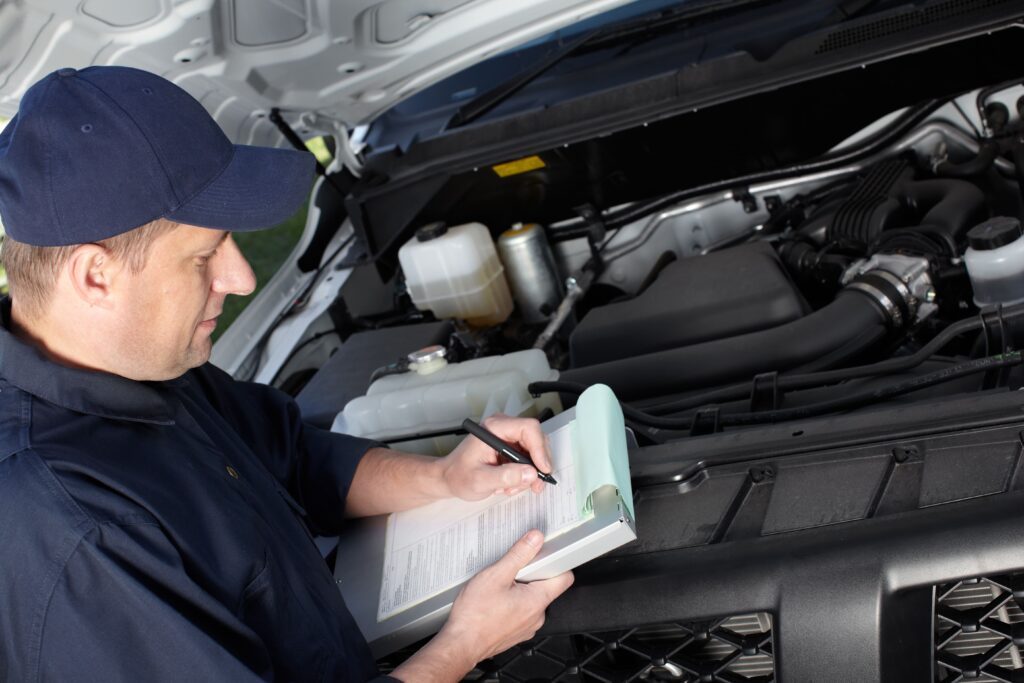
Content
Tires
Check each tire’s air pressure, including the spare, and compare to the recommended PSI listed in your owner’s manual or on the tire sidewall. Low pressure reduces fuel efficiency and decreases tire tread life as it causes uneven wear. A
lso inspect each tire’s tread depth using a tread depth gauge – tires should be replaced when tread is worn down to 4/32″ of depth remaining. Consider replacing any tires over 6 years old as rubber breaks down over time, increasing blowout risk even if tread looks good. Ask your local tire shop to balance your tires during their inspection to reduce vibration at highway speeds.
Fluids
Inspect the different fluid levels required for your engine, transmission, power steering and brakes. Check the engine oil level dipstick and color – the oil should be full and light brown in color. Examine the transmission fluid, brake fluid and power steering fluid reservoirs are full. Top up or change fluids as needed based on your vehicle’s maintenance schedule.
Low fluid levels can cause overheating, leaks and accelerated component wear. Have your trusted local car repair expert perform fluid changes to ensure the right type and quality is used for optimal performance and vehicle protection.
Hoses & Belts
Inspect all hoses for cracks, bulges, leaks or loose clamps. Hoses deteriorate over time from heat and vibration, so replace any showing signs of wear. Also examine drive belts for cracks or fraying. Tight belts are essential for proper functioning of accessories like the power steering, air conditioning and alternator.
Have your local car repair expert replace old or damaged hoses and belts before they fail, which could leave you stranded. A technician can also check for any leaks from gaskets, seals or other components during their inspection.
Wipers & Lights
Replace worn wiper blades and test all exterior lights, including headlights, tail lights, brake lights, turn signals and hazard lights. You want clear visibility in any conditions to safely navigate traffic and spot potential hazards. Consider upgrading your headlights to LED bulbs for improved light quality that further illuminates the road ahead. LED lights also last significantly longer than halogen bulbs so you won’t need to replace them as frequently.
Brakes
Inspect brake pads/shoes for wear and rotors/drums for cracks, warping or uneven wear which could indicate a more serious issue like a stuck or seized caliper.
Squealing, grinding noises or soft, long pedal travel when braking could mean your brake pads need replacement soon. Having low or warped rotors turned or replaced by professionals at your local auto shop will help ensure your brakes grip and stop your vehicle reliably.
Battery & Alternator
Have your local car specialist test both your vehicle’s battery and alternator to check their condition and performance. Batteries can fail without warning, especially in hot weather, leaving you stranded if it’s weak. Replace any battery over three years old as older batteries may not hold a charge.
The alternator charges the battery and powers all electrical components, so a failing alternator needs prompt repair. Identifying issues with your starting and charging system before a road trip prevents potential breakdowns down the line.
Suspension
Check shocks/struts for leaks and ball joints/tie rods for looseness. Worn suspension impacts handling and increases tire wear.
Air Conditioning
Air Conditioning Inspection and Maintenance It’s a good idea to have your vehicle’s air conditioning system inspected and serviced by your local car air con regas near me before the hot summer months arrive. During an inspection, professionals at your local car air con service shop can check for any leaks in the refrigerant lines or other parts of the AC system.
They will also test how well the compressor is compressing refrigerant and cooling the air. If any leaks are found, or if the system is not cooling as well as it should, they can add new refrigerant to top it up. Driving around with low refrigerant levels can cause the air conditioning to overheat and not provide comfortable, cool air when you need it most.
Conclusion
Don’t forget small things like checking windshield wiper fluid, spare tire inflation, first aid kit contents, etc. With a little preventive maintenance courtesy of your local car repair expert, you’ll be worry-free to enjoy the open road!

Max isn’t your ordinary auto blogger. He’s your friendly neighborhood gearhead, here to guide you through the automotive maze. His blog is like a conversation with a buddy who’s always got the latest auto scoop.

